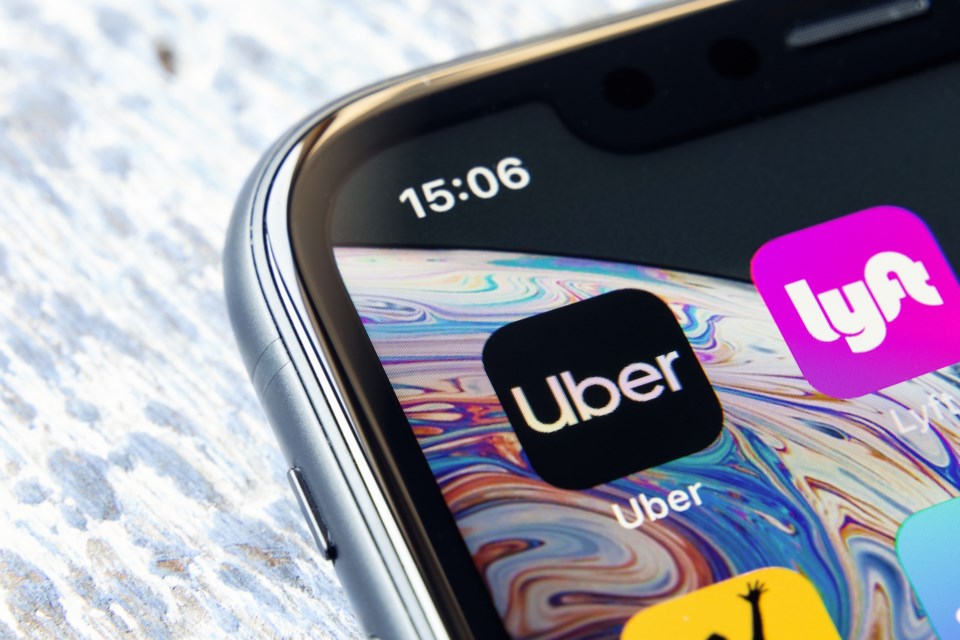The City of Surrey has recently been in the news for issuing bylaw infraction warnings to Uber drivers. Essentially, Surrey’s bylaw officers are using the app to order a ride hailing service, and then issuing the driver a warning upon their arrival.Â
The warning tickets being issued allege that the driver has violated the city bylaws by not having a business licence. Mayor Doug McCallum has also warned drivers that they face fines of up to $500 for operating a ride haling service in the city. Meanwhile, the Ministry of Transportation has indicated that a city cannot refuse to allow ride hailing based on the failure to have a business licence.Â
But Surrey’s position exposes an interesting legal conundrum, and one that has not been talked about much since the long-awaited introduction of these services in British Columbia: are drivers employees or independent contractors?Â
In order for a Surrey bylaw enforcement officer to issue a bylaw infraction ticket to a person, they must be in violation of the business licence provision. This requires that the person be conducting a business. This is as essentially carrying on any activity for gain or profit.Â
However, employees of businesses are exempt from having business licences because although they are working for gain and profit, they are working as agents for the business.Â
Under that analysis, it is easy to see how a business licence need not be obtained by an Uber driver. While the driver is certainly attempting to earn a profit by driving, they are acting as agents for Uber when using the app to accept rides, and Uber is making their own money off the service as well. This has hallmarks of an employee/employer relationship.Â
But employment law is more complicated, meaning that the true analysis of whether a person is an employee as opposed to a contractor requires a lot of work. I have to question whether the City of Surrey wants to adjudicate bylaw claims by having its lawyers consistently delve into an analysis of this issue when it comes to each individual driver.Â
And what a dangerous precedent it could set.Â
After all, the Supreme Court of Canada of a driver with Uber who, ultimately, is claiming that he is an employee. This litigation is only in its initial stages. But if the City of Surrey makes a ruling, that could have some, if only minor, impact on the outcome of that case.Â
The implications of a ruling on this issue could mean that other drivers who want to assert rights to minimum wages, benefits, overtime pay, and vacation entitlement will be left out in the cold. And, if the ruling finds in favour of the city in determining a driver is a contractor, the reality is that the driver will likely just pay the $500 fine instead of appealing further. That would leave the precedent unchallenged.Â
The City of Surrey’s current position has the potential to do far more harm than good. If Doug McCallum is truly concerned about a process that is not fair to the “little guy” then his actions tend to betray his beliefs.Â
A question also arises about what happens if the city refuses to issue a business licence. Assuming some driver applies for a business licence and is rejected, under Surrey’s “no ride hailing” rule, the city may not have the power to even enforce the law against that driver.Â
Essentially, this argument is known in law as estoppel. You cannot tell someone they cannot have a licence to do something, while at the same time ticketing them for the licence they are not permitted to have. If Surrey expects Uber drivers to get a business licence, then they need to have a process whereby those licences are issued to people who apply for them.Â
The reality is that Surrey’s approach has the potential to raise a host of legal issues that could have wide-ranging implications in this province. It seems that the introduction, finally, of a ride-hailing system means that the battles around this issue are far from over.Â
Kyla Lee is a Â鶹´«Ă˝Ół»criminal lawyer focusing primarily on DUI, impaired driving and Immediate Roadside Prohibition cases.
Read the original article here.



